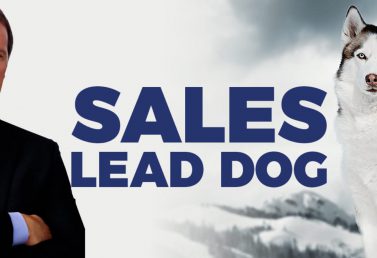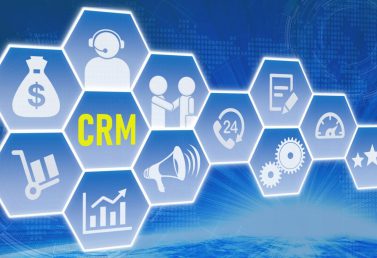Ecolab and Sustainability: Tailor Your Transformation to Support Customer Goals
Companies like Ecolab understand that environmental sustainability (particularly with respect to water conservation) relies on treatment facilities having the right tools and technologies at their disposal.
Every product and process in our economy, from consumer clothing to industrial operations, requires some amount of water to function. Even a simple shirt requires 700 gallons of water to create and distribute! This reality creates some unfortunate long-term implications for the future.
The International Resource Panel of the United Nations predicts that nearly half of the global population will suffer severe water stress by 2030, assuming no changes are made to our current water consumption habits. The report also notes that a primary strategy to prevent this crisis is to decouple water use from economic growth.
Ecolab’s digital transformation was meant to address this issue when it chose to leverage Microsoft Dynamics 365, Microsoft Power BI, and Microsoft Office 365. They did this to get a better handle on processes, better quantify potential ROI to customers, and gain visibility into areas where additional service investment might drive greater reductions in water, energy, and operational costs.
(View the full story here.)
Maintain Alignment Between New Solutions and Organizational Goals
Ecolab upgraded its processes with a variety of cloud technologies to deliver more personalized services and drive innovation. However, Ecolab understood that to move the needle the way it wanted, it had to leverage the right portfolio of technology solutions. Representatives from the company note that its digital transformation was successful because each solution was tailored to address the unique challenges of water management as well as the specific needs of their customers.
In our view, this alignment can make or break any digital transformation.
Any new technology implementation must directly support the goals and priorities of a business, whether it implements customer relationship management (CRM) solutions through Dynamics 365 or digs deeper into analytics with Microsoft Power BI.
Ecolab applied a comprehensive process that made sure its new solutions would meet its goals. They worked closely with Microsoft to implement technologies that would touch all vital operations in their water plants. One notable aspect involved the way Ecolab focused on CRM solutions that allowed them to better engage customers and empower field technicians with access to more data. This improved customer support outcomes.
Those who consider similar transformative solutions in the Dynamics ecosystem should first develop a roadmap for continuous improvement of Dynamics 365. This is the easiest way to determine which processes could best support their operation. Ecolab knew exactly which features would allow them to support their customers’ facilities, and this gave them the tools and technologies to support their sustainability initiatives.
It’s good practice to monitor this over time and make a wish list of processes that directly support a business’s goals. These could be core processes or custom applications that further build out the CRM experience and efficacy.
Additionally, we suggest that companies deploy regular updates based on usage feedback. This provides an ongoing way to keep tabs on your organization’s emerging priorities and keep a business system primed to meet customers’ needs.
Maintenance of this alignment helps a company reach a level of CRM mastery that prepares it for the future, but it’s by no means the only part. Empellor CRM created a thorough checklist to self-assess one’s CRM process and strategy. If your business has struggled to get the results it expected from its CRM, this is a great place to start.


